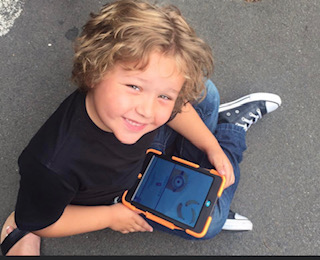When should an actor do one to one coaching?
Beginning actors should definitely invest in 1:1 coaching when preparing for any audition. There is just so much to know. Acting is about making choices, and a coach can help you explore which choices feel best to you, not just memorize lines. More experienced actors regularly use one-to-one coaching to change up their style, eliminate bad habits, work on role-specific skills and get prepared faster.
I always tell people that in some ways acting is harder than the Olympics. Once you’ve managed to get to the Olympics, at least at the very last minute you have your coach there to encourage you and get you in your best frame of mind so that your training can pay off.
A good time to work with a coach is right before they do a self-tape or the day of an audition to provide that bridge between their training and their choices, and to keep them focused on their strengths so they can do their best work.

